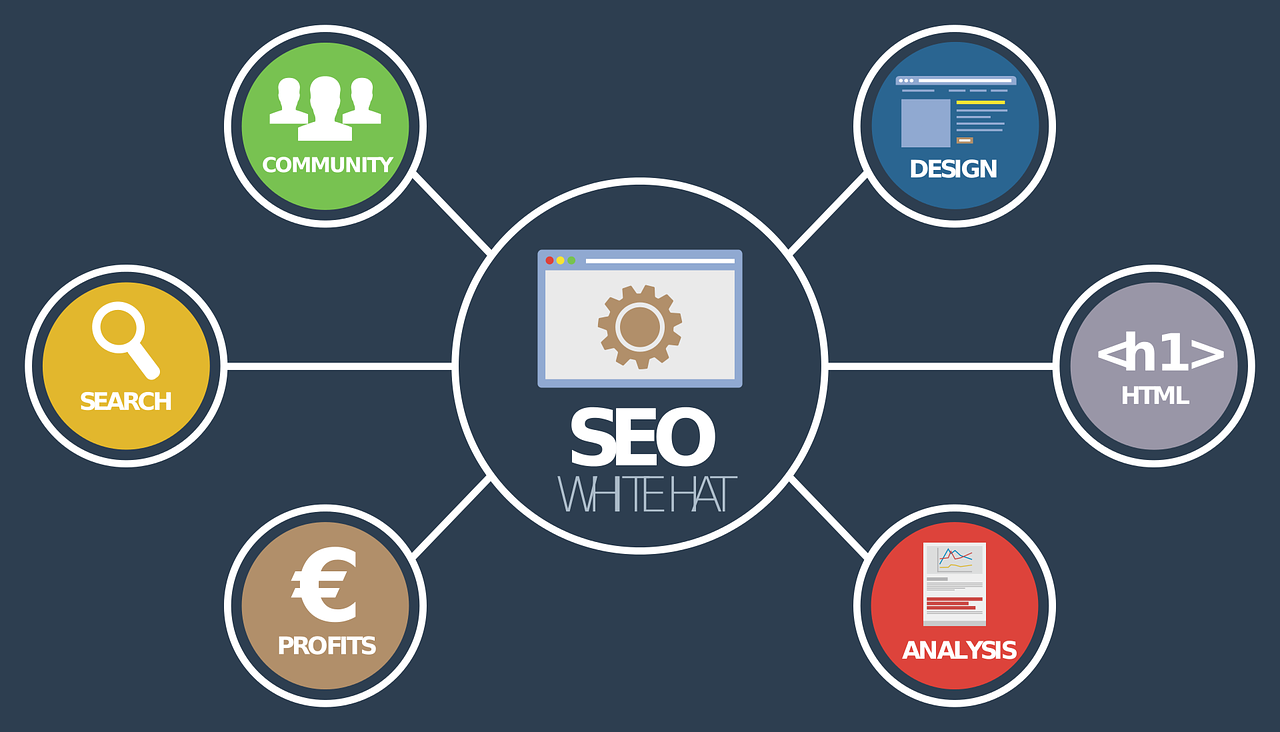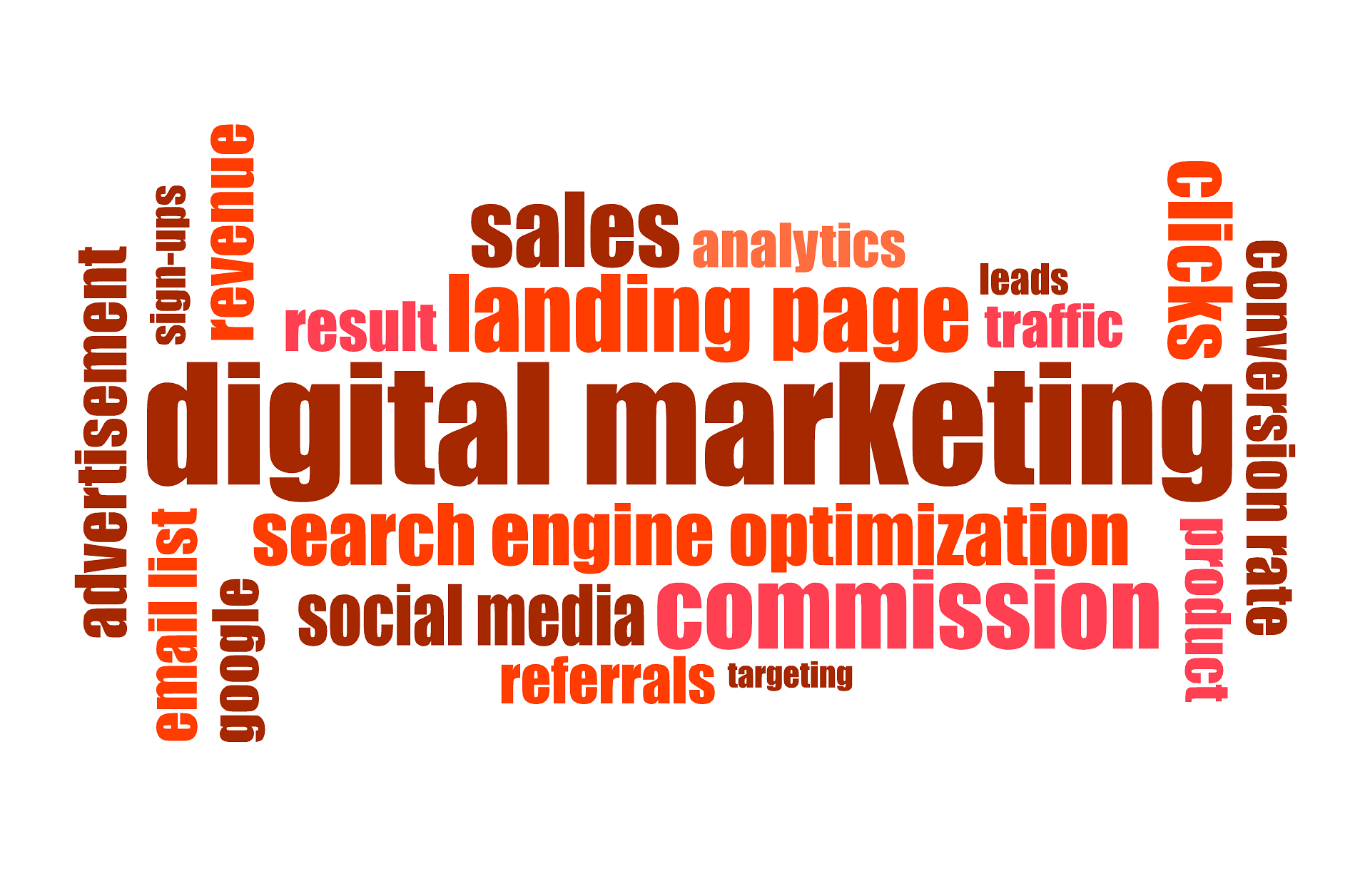The Power of Digital Marketing: Navigating the Modern Landscape

In today’s interconnected world, digital marketing has become a cornerstone for businesses striving to reach a broader audience. With more than 4.6 billion people actively using the internet, digital platforms present unprecedented opportunities for brands to engage, connect, and grow. But what exactly is digital marketing, and how can businesses harness its power to drive success?
What is Digital Marketing?
Digital marketing refers to all marketing efforts that use an electronic device or the internet. Businesses leverage digital channels such as search engines, social media, email, and websites to connect with current and prospective customers. Unlike traditional marketing methods, digital marketing allows businesses to reach targeted audiences with personalized messages at the right time.
Key Components of Digital Marketing
Digital marketing encompasses a wide range of strategies. Here are some of the most critical components:
- Search Engine Optimization (SEO): The process of optimizing your website to rank higher on search engine results pages (SERPs), which helps attract organic traffic.
- Content Marketing: Creating and distributing valuable content to attract and engage a target audience. This can include blog posts, videos, infographics, and more.
- Social Media Marketing: Using platforms like Facebook, Instagram, and Twitter to promote your brand and connect with your audience.
- Pay-Per-Click (PPC) Advertising: Paid advertising where advertisers pay a fee each time their ad is clicked, such as Google Ads.
- Email Marketing: Sending personalized emails to a targeted audience to build relationships and drive conversions.
- Affiliate Marketing: Partnering with individuals or companies to promote your products or services in exchange for a commission on the sales they generate.
The Benefits of Digital Marketing

One of the primary advantages of digital marketing is its ability to reach a global audience at a relatively low cost. Here are some key benefits:
- Cost-Effective: Digital marketing campaigns can be more affordable than traditional marketing methods, allowing businesses of all sizes to compete.
- Targeted Reach: Digital marketing allows businesses to target specific demographics, behaviors, and locations, ensuring that marketing efforts reach the most relevant audience.
- Measurable Results: Digital marketing provides detailed analytics, allowing businesses to track their campaigns’ performance and adjust strategies in real-time.
- Enhanced Engagement: Social media platforms and other digital channels enable businesses to interact directly with their customers, building stronger relationships and loyalty.
Challenges in Digital Marketing
While digital marketing offers many benefits, it also comes with its challenges. The digital landscape is highly competitive, and businesses must stay ahead of the curve to succeed. Some common challenges include:
- Rapidly Evolving Technology: The digital marketing landscape is constantly changing, with new tools, platforms, and algorithms emerging regularly.
- Data Privacy Concerns: With the increasing importance of data in digital marketing, businesses must navigate privacy regulations like GDPR and CCPA to protect consumer information.
- Content Saturation: With so much content available online, standing out can be difficult. Businesses must create high-quality, valuable content to capture their audience’s attention.
How to Build a Successful Digital Marketing Strategy

To succeed in digital marketing, businesses must develop a well-rounded strategy that leverages various digital channels. Here’s a step-by-step approach:
- Define Your Goals: Start by identifying your business objectives. Are you looking to increase brand awareness, generate leads, or boost sales? Your goals will shape your digital marketing strategy.
- Understand Your Audience: Conduct research to understand your target audience’s demographics, interests, and behaviors. This will help you tailor your messaging and choose the right channels.
- Choose the Right Channels: Based on your audience and goals, select the digital channels that will be most effective for reaching your audience. This could include SEO, social media, email marketing, or PPC advertising.
- Create Engaging Content: Content is the heart of digital marketing. Develop valuable, relevant content that resonates with your audience and drives them to take action.
- Monitor and Optimize: Use analytics tools to track the performance of your campaigns. Regularly analyze the data and make adjustments to optimize your result.
Conclusion
Digital marketing is an essential tool for businesses in the modern world. By leveraging digital channels, companies can reach a global audience, engage with customers, and drive growth. However, success in digital marketing requires a strategic approach, a deep understanding of your audience, and a commitment to staying ahead of industry trends.
Frequently Asked Questions (FAQs)
- What is the difference between digital marketing and traditional marketing? Digital marketing involves marketing efforts conducted online, while traditional marketing includes offline methods like TV, radio, and print ads.
- How can I measure the success of my digital marketing efforts? Success can be measured through various metrics such as website traffic, conversion rates, click-through rates, and engagement on social media platforms.
- Which digital marketing channel is the most effective? The effectiveness of a digital marketing channel depends on your target audience and business goals. For example, SEO is great for organic growth, while social media is excellent for engagement.
- How long does it take to see results from digital marketing? Results vary depending on the strategy and channel. SEO and content marketing may take months, while PPC can yield faster results.
- Is digital marketing suitable for small businesses? Absolutely! Digital marketing offers cost-effective solutions that can help small businesses compete with larger companies by reaching their specific audience.


